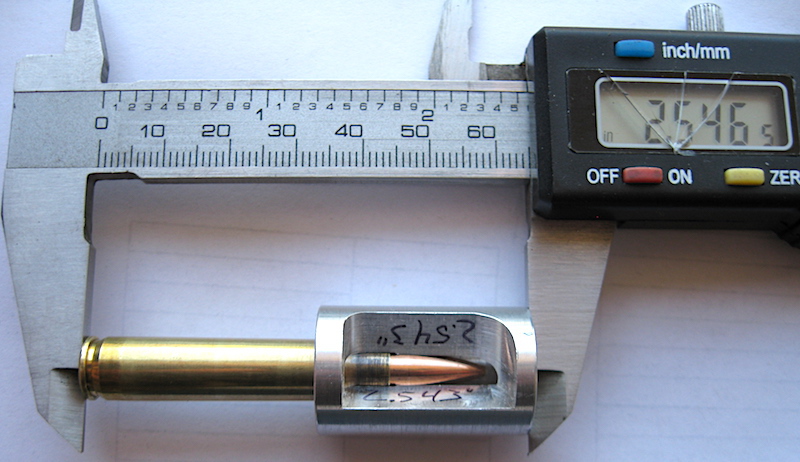I'm shooting .308 for PRS and I need to get some reloading gear together.
Does anyone have a starter check list? I don't know what I don't know.
Does anyone have a starter check list? I don't know what I don't know.

Follow along with the video below to see how to install our site as a web app on your home screen.
Note: This feature may not be available in some browsers.
Tumbler/shell cleanerPress
Dies
Trimmer
Calipers
Comparators
Scale

It's not a bad idea to keep a log.
I have a few questions:
1. What is your budget?
2. How much ammo will you be shooting a year?
3. Will you be reloading for things other than 308?
4. How much do you value your time?
P.S. I also suggest you read "Top-Grade Ammo" by Glen Zediker; you will find lots of really good info there
1.) I like to stay scrappy but dont have a problem investing when and where its needed
2.) Good question, no idea. Ive averaged 500 rounds of 308 in the past 2 months so far. Ill likely slow down in the summer and pick back up in the fall.
3.) Currently 308 is the only thing i have interest in loading for, maybe 6.5 in the future
4.) I have a lot of downtime at the moment.

